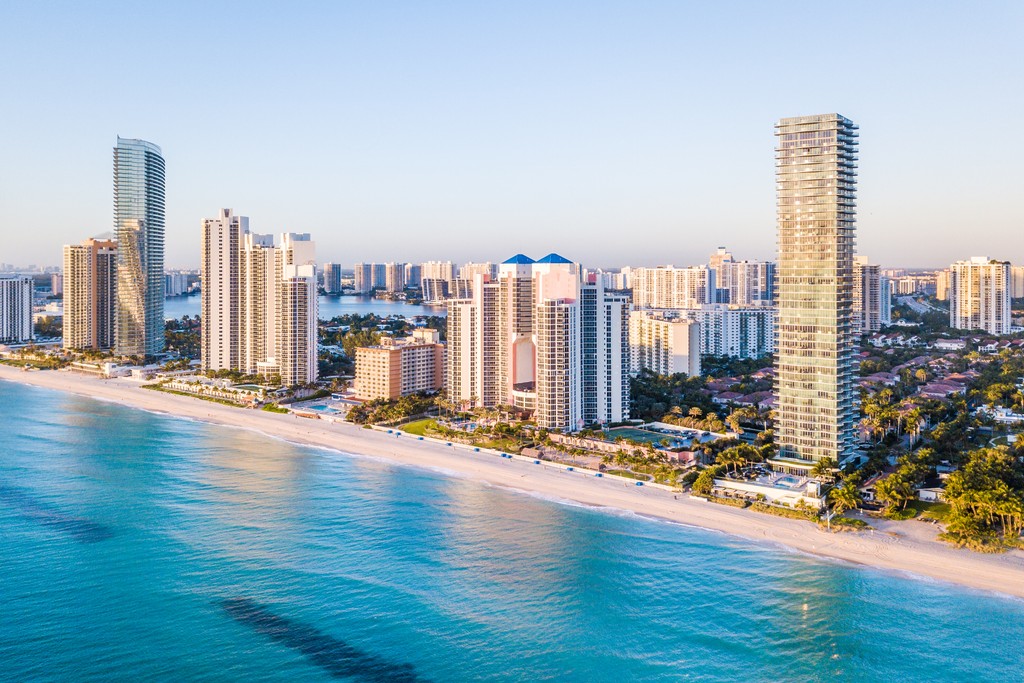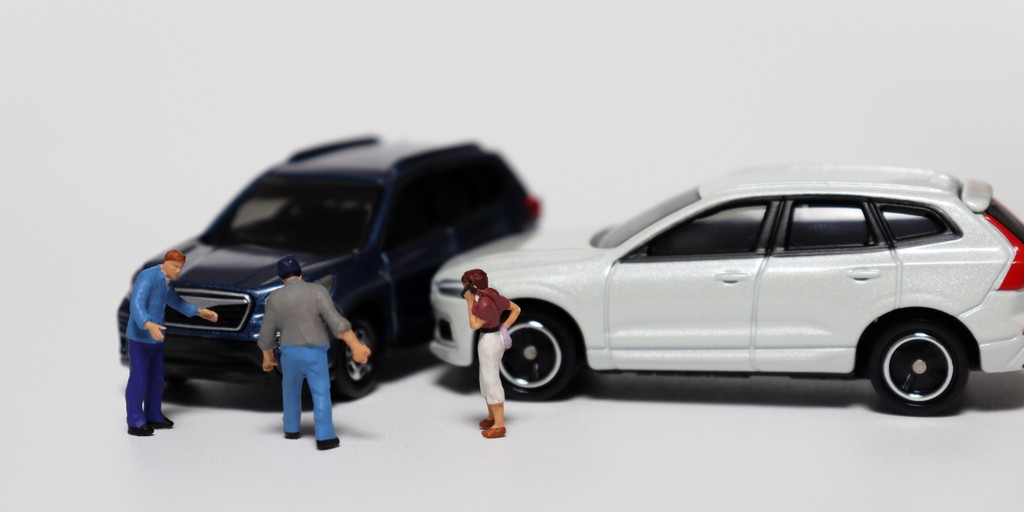Auto Accidents
Oct 2, 2024
Florida Vacation Gone Wrong: Car Accidents
Danielle Kushel
Accidents can be overwhelming to say the least, especially when they occur away from home. If you find yourself injured in a car accident while visiting Florida, it’s essential to understand how your coverage applies and what may be different from your home state.
1. Your UM/UIM Coverage Follows You to Florida
If you own a car in another state and have uninsured motorist (“UM”) or underinsured motorist (“UIM”) coverage, and another driver is responsible for the crash in Florida, your own UM/UIM insurance policy will have you covered. This will also be the case even if you’re not in your own vehicle (i.e. if you are in a rental car).
2. Florida visitors can get PIP Insurance Coverage for Rental Cars
Personal Injury Protection insurance (“PIP”) pays up to $10,000 of medical bills and lost wages after an accident in Florida regardless of fault for the crash. Florida is a no-fault state, so if you are hurt while occupying a rental car in Florida, you will get PIP coverage through the rental car’s policy. Note that the rental car’s PIP coverage may be in addition to any Medpay coverage available on your out of state auto insurance policy.
3. Report the Accident
Regardless of where you are from, it is crucial to report the accident to the local law enforcement in Florida. Obtain a copy of the accident report or drivers exchange, as this will be important for any insurance claims or legal actions. Ensure you document all details of the accident, including the other driver’s information, vehicle details, and the contact information for any witnesses.
4. Filing an Insurance Claim
If you have insurance coverage in your home state, you’ll need to file a claim with your own insurance company. While this should be done within days after the crash, it is best to have this done on your behalf by a hired legal representative.
5. Seeking Medical Attention
Seek medical attention as soon as possible, even if you feel your injuries are minor. Some injuries may not be readily apparent but can have long-term effects. Keep all medical records and bills, as those documents will be crucial for any insurance claim and potential legal action.
6. Understanding Florida’s Liability Laws
While Florida’s no-fault system covers immediate medical expenses, you may still need to pursue additional compensation if your injuries are severe or if you face significant financial losses. Florida law allows you to file a liability claim against the at-fault driver.
7. Navigating Legal Challenges
If you choose to pursue a liability claim, consult with a local personal injury attorney in Florida. A Florida law firm can provide guidance on Florida’s legal landscape and help you navigate any legal complexities related to your case.
8. Preserving Your Rights
Be aware that Florida has a statute of limitation for filing personal injury claims, which typically gives up to two (2) years from the date of the accident to file a lawsuit.
Being injured in a car accident while visiting Florida can complicate matters and turn into a nightmare. At Kushel Law Group, we are here to support you through every step of the process and ensure your rights are protected, no matter where you’re from.






